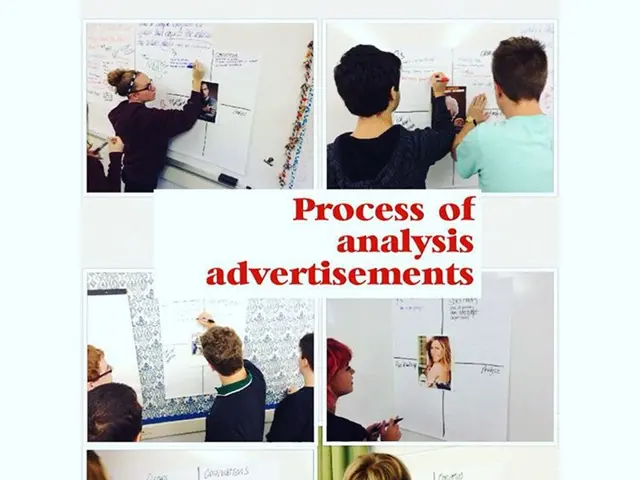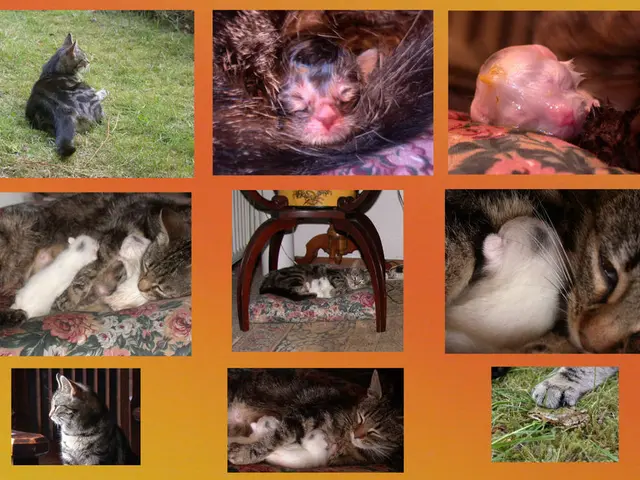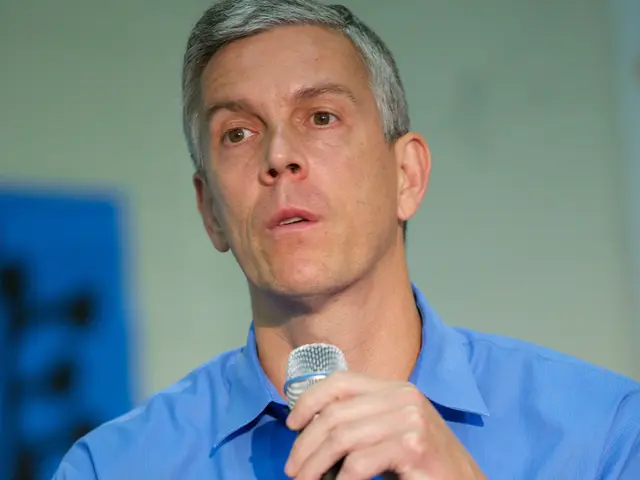Strategies to Shatter Every Barrier or Barricade You Encounter
In the quiet recesses of our minds, voices can often be heard that seem to convey messages of defeat and despair. Phrases like "I'll never get out of this mess," "It's too late!," and "This is hopeless" can echo within us, creating a sense of self-imposed limitation. These thoughts are part of an unseen "conspiracy of limitation" within our consciousness, a powerful force that keeps us stuck in a cycle of fear and self-doubt.
This inner critic, driven by fear rather than truth, constantly doubts our abilities, questions our decisions, and undercuts our confidence. It disguises itself as protection but mainly acts to hold us back from growth by magnifying our flaws, minimizing our strengths, and triggering negative emotions like shame, anxiety, and self-doubt.
The "conspiracy of limitation" forms because we identify with this inner critic's assumptions and harsh judgments. We internalize these thoughts as truths rather than recognising them as distortions or fear-driven thoughts. Emotional reasoning (believing feelings are facts) and labeling (assigning a negative global identity based on isolated events) further deepen this limiting mindset.
However, breaking through this cycle is possible. It involves separating ourselves from the inner critic's voice and reclaiming agency over our self-narrative.
First, we must name and externalise the critic. Identify the inner critic as a separate voice fueled by fear, not intuition or truth. This creates distance and diminishes its power.
Next, we should question and challenge the critic's assumptions. Actively look for objective evidence to counteract exaggerated negative thoughts and cognitive distortions.
We should also reject the critic's final say. Choose not to let this voice dictate our decisions or our self-worth. Recognise that feeling flawed or fearful does not define reality.
Rewriting our narrative is another crucial step. Replace harsh self-talk with compassionate, realistic, and empowering statements, fostering self-trust and openness to growth.
By following these steps, we dismantle the internal "conspiracy of limitation" by refusing to identify with fearful inner dialogues and instead stepping into a more empowered, authentic self. This practice, repeated over time, reclaims our power from the limiting inner narrative and enables personal development beyond the constraints of self-imposed barriers.
It's important to remember that the inner voices of defeat, such as "I'm too stupid to learn these things" and "I must have done something terrible to deserve this," are also part of the "conspiracy of limitation." The more discouraged we feel, the more certain we become that there is no other choice but to feel that way. The belief that there is no point in going any further is also a part of this limiting mindset.
But it's essential to understand that these troubled thoughts in our consciousness are not genuinely concerned with our unfortunate condition. They are not our own voices but rather external forces seeking to hold us back. The more we listen to these gloomy voices, the more discouraged we feel.
However, self-illumination and self-liberation are one and the same power. By recognising and challenging the "conspiracy of limitation," we can break free from its grip and step into a brighter, more empowered future.
- Recognizing the influence of the 'inner critic' in our 'consciousness', we must strive to disassociate ourselves from its fear-driven narrative, understanding that it frequently minimizes our strengths and triggers negative emotions such as shame, anxiety, and self-doubt, thus acting as a significant obstacle to our 'personal growth' and 'education-and-self-development'.
- In order to circumvent the 'conspiracy of limitation' and embrace 'personal-growth', we should strive to rewrite our self-narrative, replacing harsh self-talk with compassionate, realistic, and empowering statements that foster self-trust and openness to growth, thereby dismantling the internal barriers that hold us back from becoming our authentic selves.




